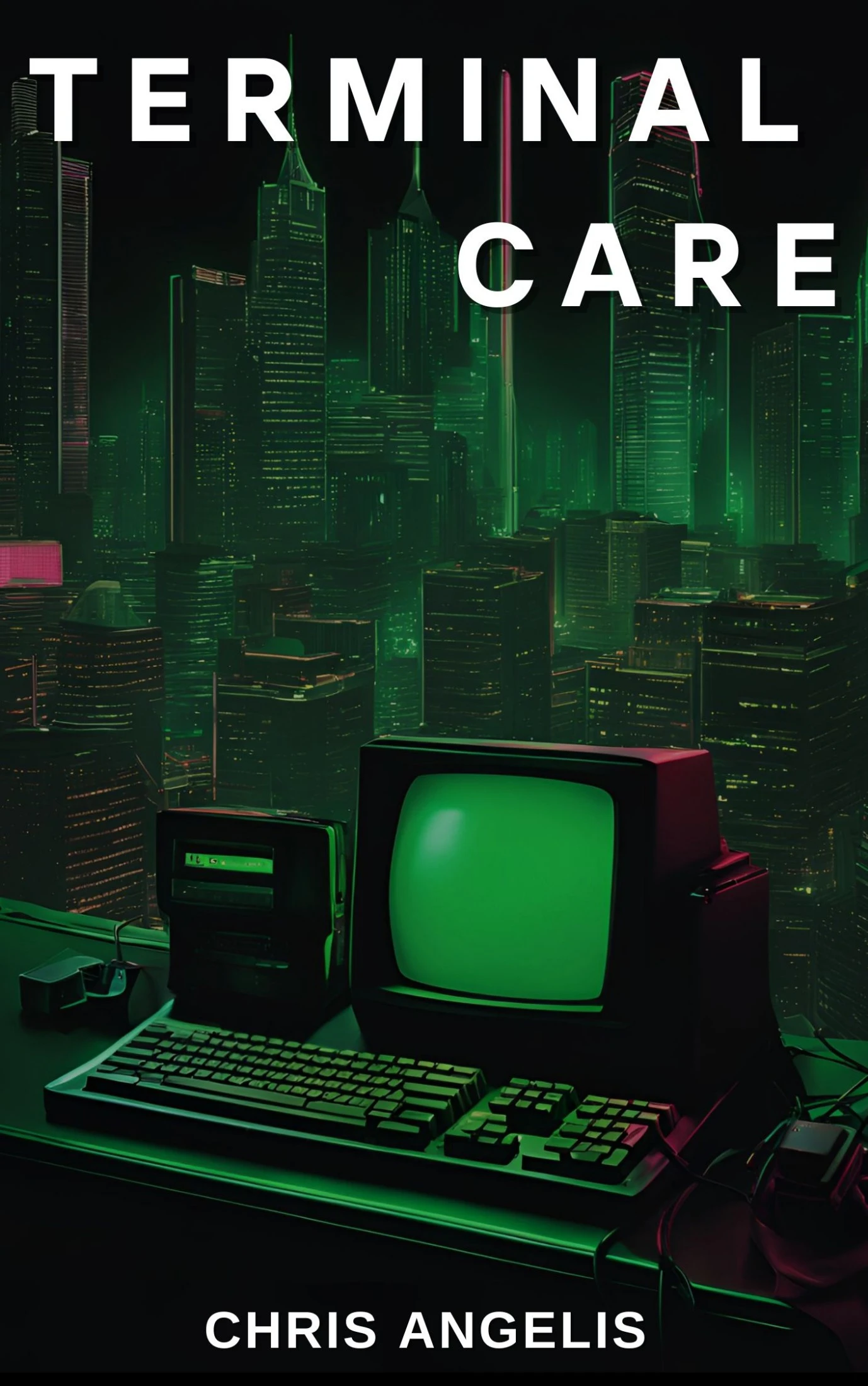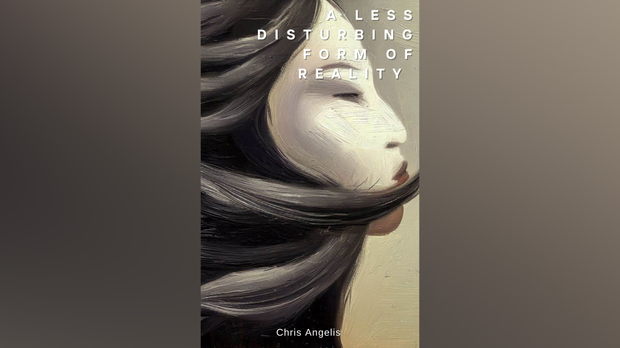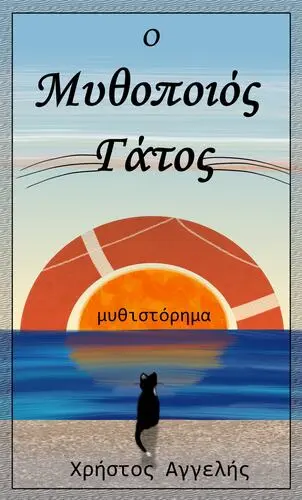After the short-story collection I talked about recently, A Less Disturbing Form of Reality, this is another old work retrieved from the depth of hell my, shall we say, secondary literary repertoire. Terminal Care is a science fiction novel with elements of a political thriller.
This sentence alone is probably enough to convince you that this is a novel far, far outside my usual literary repertoire. Terminal Care, being science fiction, is much closer to my academic expertise but much father from my literary interests.
Besides aspects of genre, this is one of those works of mine that all share some other similar characteristics:
- Written a long time ago.
- Unpublished or published using a pen name.
- Not quite my cup of tea.
This last part in particular might surprise you. Why the hell did I write it, then? Why do I share it now?


